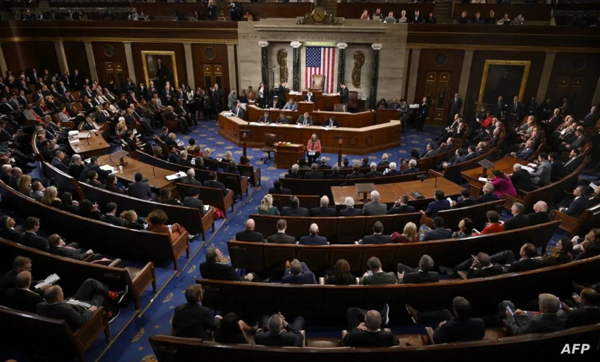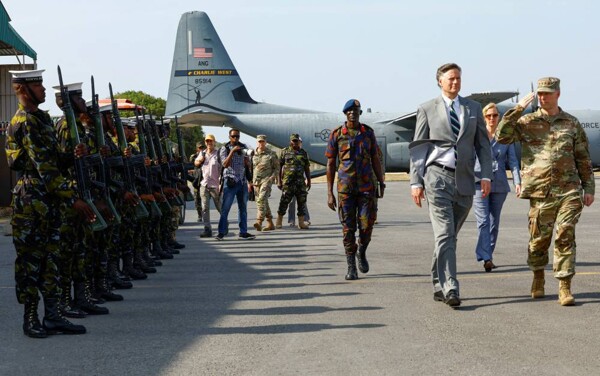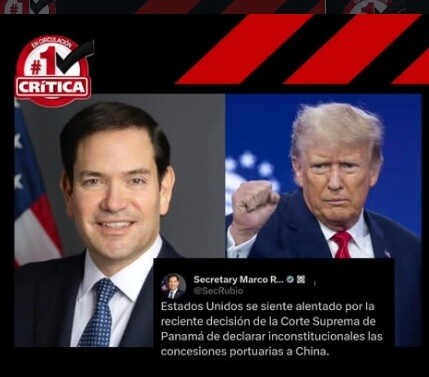
The abrupt decision of U.S. President Donald Trump on the freezing of financial aid, provided by the United States to foreign agencies, has severely impacted all agencies to varying extents. The U.S. is the largest donor of UN agencies, which have already suffered from a lack of funding from member states and other donors. As a result, these humanitarian agencies have been forced to propose greater efforts with fewer resources to combat crises, with many regions around the world facing significant challenges.
Discussing the current situation, a British diplomat proposed four strategies for effective countering of the consequences of this decision. Among them: highlighting the role of these agencies as "lifesavers," searching for new sources of funding, changing approaches to work, delegating certain obligations to third parties for closer contact with people providing assistance, and also ensuring better protection of their activities.
UN Coordinator for Humanitarian Affairs Tom Fletcher states that humanitarian agencies will become "more flexible, faster, and less bureaucratic" to mitigate the detrimental consequences of the financial crisis. He emphasized that "the international system, established after World War II, is experiencing its most serious test in its entire history," and that "humanity is facing a huge crisis in funding, moral principles, and legitimacy," underscoring the need to affirm the importance of international solidarity.
Fletcher's statement, leading the UN Office for Coordinating Humanitarian Affairs (OCHA), came after an emergency meeting held in Geneva, attended by all the leading heads of the largest humanitarian agencies of the UN. Among these agencies are the World Health Organization, the UN High Commissioner for Refugees, the UN High Commissioner for Human Rights, the UN Children's Fund, the Organization for Agriculture and Rural Development, the World Humanitarian Fund, and the UN Development Programme.














